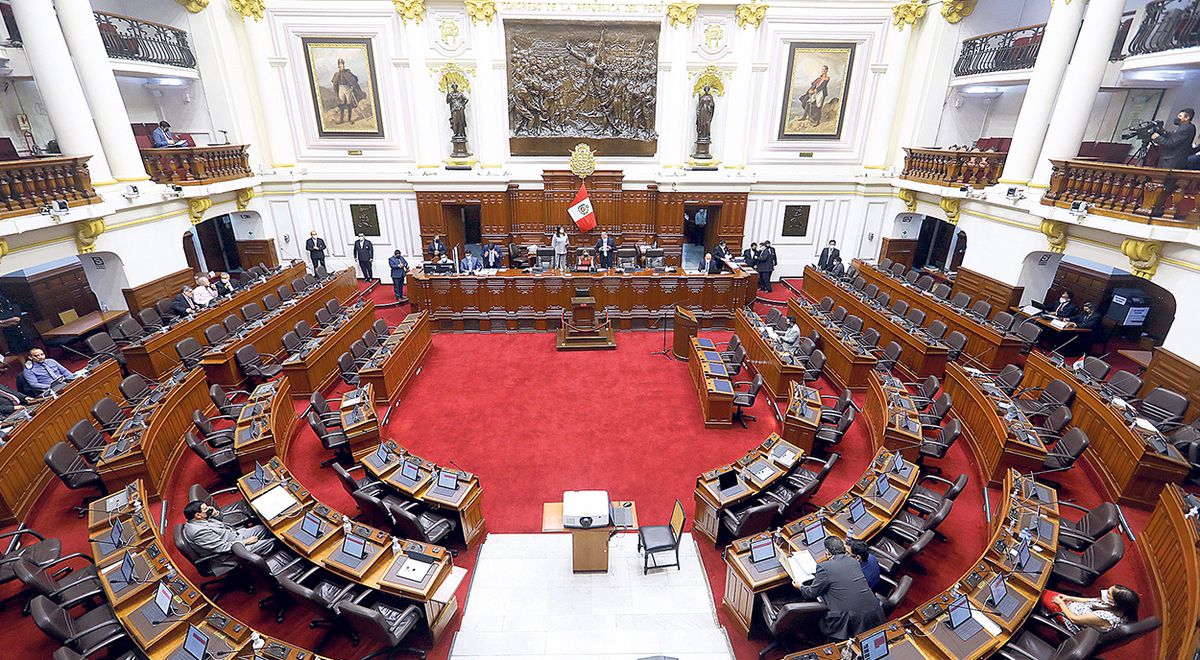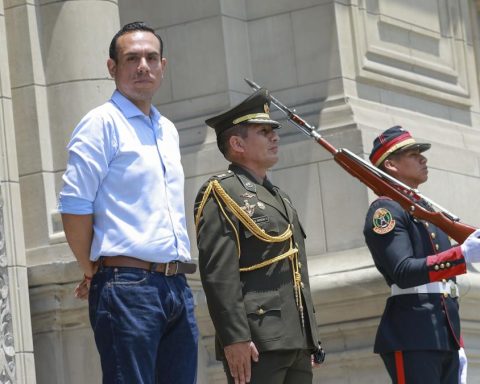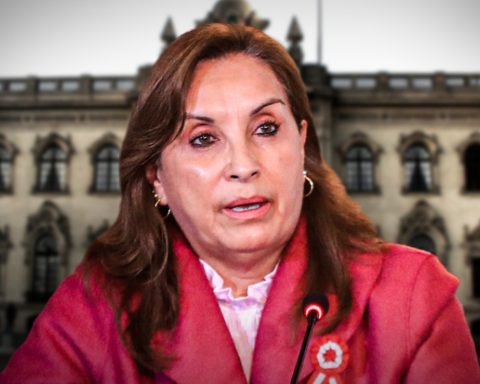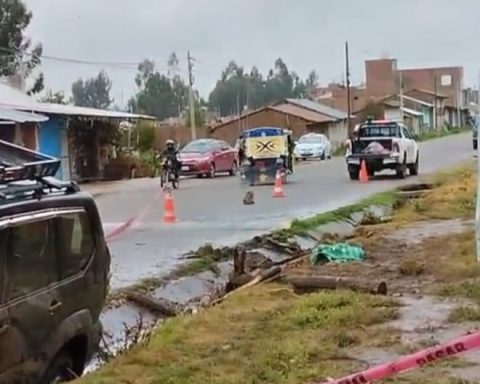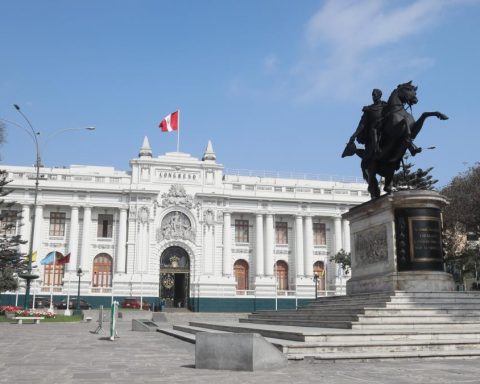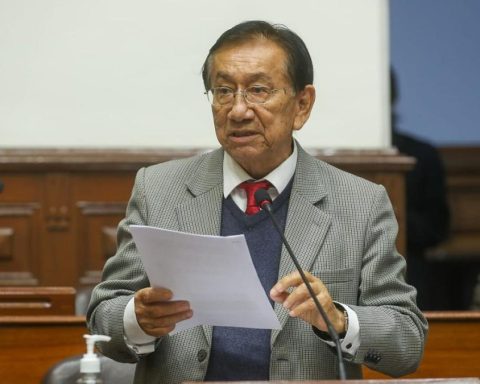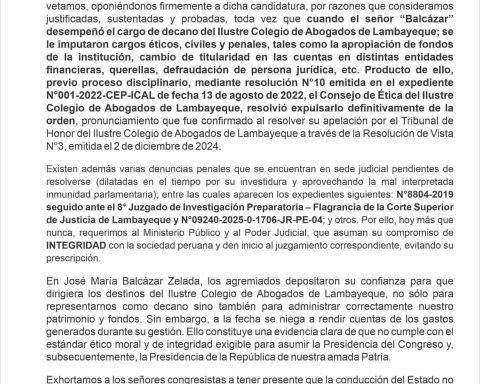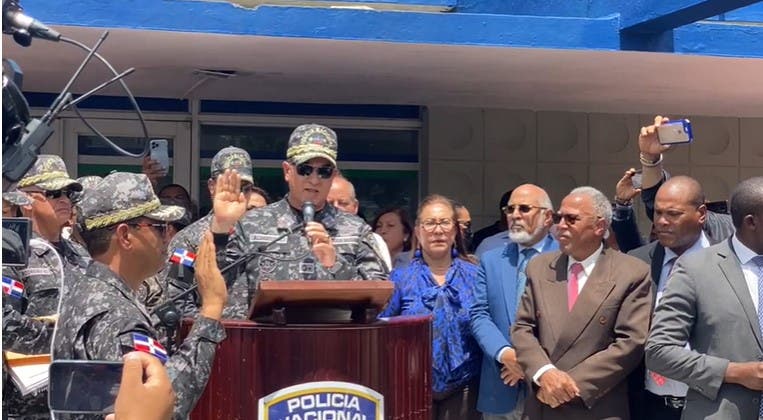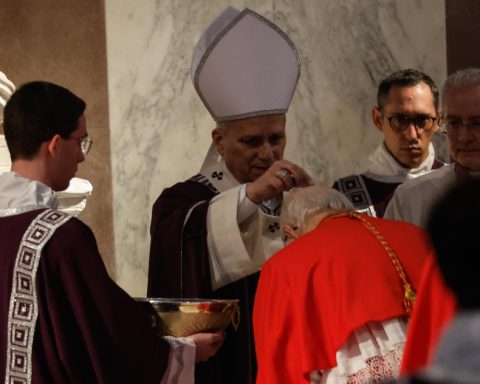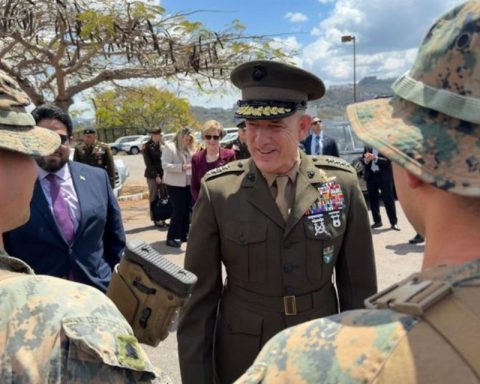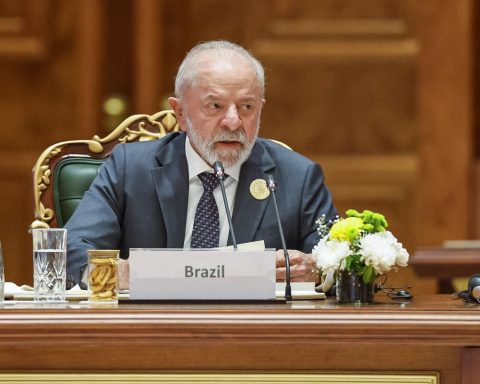Through a joint statement, the National Elections Jury (JNE), the National Office of Electoral Processes (ONPE) and the National Registry of Identification and Civil Status (Reniec) rejected the enactment of Law No. 31481, which allows the registration of candidates for their participation in the 2022 elections on an extra-temporary basis.
According to what is indicated in the statement issued by the state institutions, carrying out the conditions given by the aforementioned norm would imply having to carry out complementary internal elections, something that, as they point out, would be outside the legal framework managed for electoral processes, that is, In other words, it is not regulated and, therefore, it is legally impossible to execute, since there would not be a given protocol for extraordinary elections.
Likewise, they point out that said extra-normative action would also be unfeasible in the material sense, given that the elections have a previously agreed and announced schedule. In this sense, the internal elections took place on May 15 and 22, as planned, so now, after several days, the competent bodies are about to finish processing the votes cast, in order to be able to publish the results and continue with the established.
In other words, it would imply slowing down and distorting a process already underway, which would bring with it legal consequences, including the violation of several pre-established principles before the elections: intangibility (not changing the rules during an electoral process), preclusion ( respect to the agreed stages), that of retroactivity of the laws and above all, the legal certainty of the elections in question.
Regarding the integrity of the process, the JNE, like the ONPE and Reniec, argue that not respecting the results of the internal votes would imply violating the rights of those candidates if they complied with the registration within the initially agreed dates, particularly, the right to equality in political participation would be violated.
Given the circumstances, the competent authorities determined that it would not be possible to set a date for a hypothetical complementary election, given that, since internal elections had already been held, the assumption established by Law No. 31481 itself, in which It is pointed out that said extraordinary process could only be carried out if it was impossible to hold internal elections. That is, it does not apply to the current situation.
The state agencies close their statement stating that the vicissitudes that the change in electoral rules would bring during the process had already been pointed out, for which they asked the Congress of the Republic to take into account the violated principles, such as intangibility, to so that they can observe the consequences and contradictions of the controversial law.
